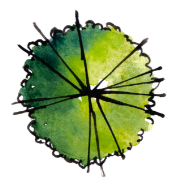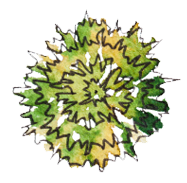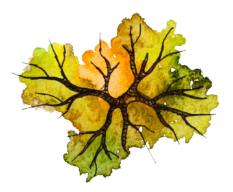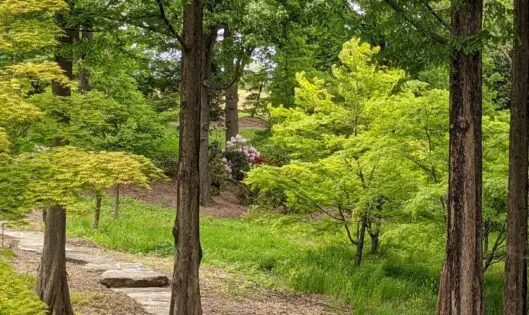The Gardener's Journal
STUDY SUGGESTS ACCESS TO NATURE IMPROVES MENTAL HEALTH (Continued)

In the Stanford study referenced last week, brain scans on the walkers before and after the timed walk showed that, for the participants who walked through the natural area, neural activity in the area of the brain active during rumination had decreased. These participants confirmed this finding, “reporting that they found themselves ruminating less during the walk” (Dockrill). In contrast, those who walked by the highway showed no changes in their neural activity or in their self-reporting on rumination.
According to Gretchen Daily, a co-author of the study, “These results suggest that accessible natural areas may be vital for mental health in our rapidly urbanizing world. Our findings can help inform the growing movement worldwide to make cities more livable, and to make nature more accessible to all who live in them.” With 70 percent of the world’s population expected to live in cities by 2050, it is important that “work be done to counteract the negative psychological effects of residing in what are essentially unnatural living spaces,” concludes Dockrill.
Shared by Betty Hanselman
–Gardener’s wife (& grateful green-space resident)
The video I’m sharing here shows how a Hanselman Landscape garden is making nature more accessible to residents of a high-rise apartment complex in Philadelphia’s busy Chinatown!
OUR GARDEN DESIGN PROCESS

Explore
Share your goals, ideas, and project budget and we will begin to survey and plan your garden

Design
We will consider all your primary view perspectives, both inside and out as we design your garden

Build
Your garden dream will begin to take shape by the hands of our highly skilled craftsmen and landscapers

Enjoy
Your garden dream will begin to take shape by the hands of our highly skilled craftsmen and landscapers



